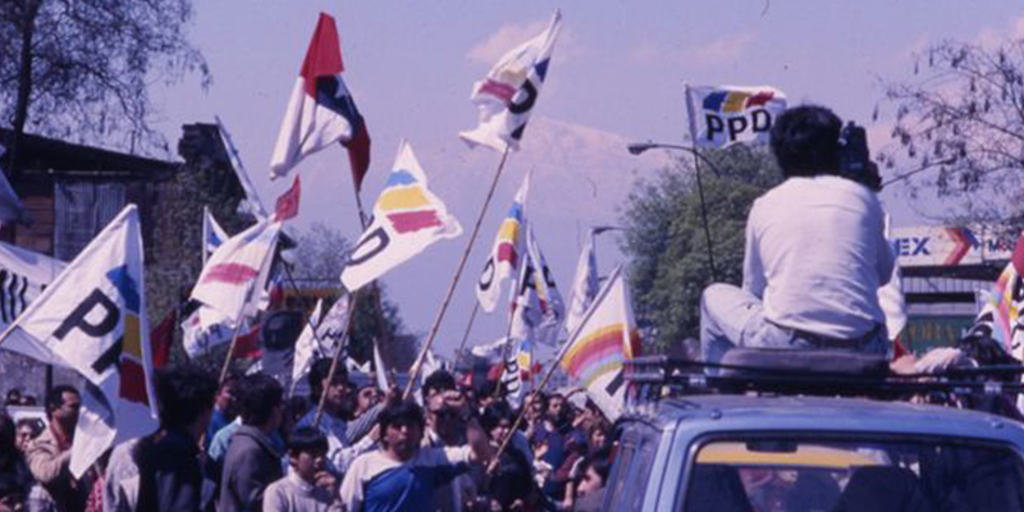
A study conducted by Millennium Institute MIPP researcher Pablo Muñoz explores how proximity to military bases during Augusto Pinochet’s dictatorship in Chile influenced political opposition to the regime, particularly in the 1988 referendum that led to the country’s democratic transition.
On September 11, 1973, a military coup led by Augusto Pinochet overthrew democratically elected President Salvador Allende, establishing a 17-year dictatorship. This regime was marked by systematic human rights violations, including executions, enforced disappearances, torture, and arbitrary detentions.
Repression was a central element of the regime, with the DINA (National Intelligence Directorate) and later the CNI (National Information Center) playing key roles in the detention, torture, and assassination of political opponents.
Pinochet’s military government, which lasted from the 1973 coup to 1990, extensively used repression to maintain political and social control. The National Commission for Truth and Reconciliation, known as the Rettig Commission, documented over 3,000 deaths and enforced disappearances, as well as the torture and imprisonment of tens of thousands of people.
The military regime justified these actions as necessary to combat communism and restore order, but for many, they represented blatant human rights violations.
Before the coup, Chile had a network of military bases strategically distributed across the country. After the coup, these bases became detention and torture centers, playing a critical role in state repression.
In 1988, under international and domestic pressure, Pinochet’s regime called for a plebiscite on October 5 to decide whether he would remain in power for another eight years. This plebiscite became an opportunity for Chileans to express their support or rejection of the regime, marking a turning point in the country’s political history.
The effectiveness of state repression in suppressing dissent and sustaining authoritarian regimes has been a subject of significant academic debate. While some argue that repression fosters enduring fear and submission, others suggest it can provoke greater resistance and mobilization against the regime.
In this context, the study “The Geography of Repression and Opposition to Autocracy,” by Millennium Institute MIPP researcher and Faculty of Economics and Business professor at the University of Chile, Pablo Muñoz, alongside María Angélica Bautista, Felipe González, Luis R. Martínez, and Mounu Prem, examines the relationship between proximity to military bases and the intensity of repression during Pinochet’s dictatorship. It also analyzes how these factors influenced political opposition, particularly in the 1988 plebiscite, a decisive election regarding Pinochet’s continuation in power.
Read the full article on Miradas MIPP here.
MIPP Chile 2025